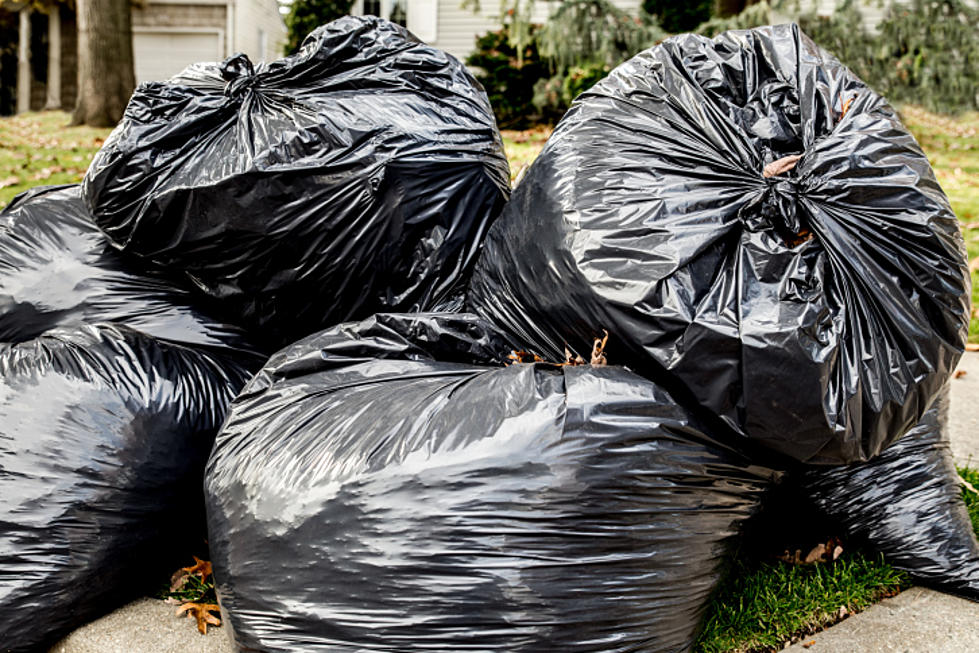
Colorado’s High Skin Cancer Rate: What You Can Do About It
Colorado has the nation's highest per capita rate of skin cancer.
Melanoma is the fifth most diagnosed cancer in men in Colorado, and the sixth most diagnosed cancer in women. However, Mesa County Public Health says the skin cancer rate in Mesa County has gone down by about 50% in recent years and is significantly lower than the rest of the state.
It seems logical we could blame the high number of skin cancer incidents on the sun. Consider Colorado's high elevation and the number of sunny days we are purported to have. No doubt, you have head the "300 days a year of sunshine in Colorado" mantra. Whether that is actually true is open to some debate.
The national weather service did do a study which showed Denver to have about 245 clear to partly cloudy days a year, with the number of clear days in Grand Junction a bit higher. The 300 days of sunshine a year in Colorado may be a bit of a myth, but, the fact remains we do get lots of sunshine.
The weather is beginning the turn toward spring which means people will be spending more time outside enjoying the sunshine. So, what can you do to help protect yourself from skin cancer?
If you are spending substantial time outside, even if it's a cloudy day, wear a broad spectrum sunscreen with at least SPF 15 with UVA and UB protection. Be sure and double check the expiration date.
You should apply sunscreen about 30 minutes before going outside, if possible. If you are going to be out all day, reapply sunscreen throughout the day. Did you remember to shake the bottle?
A brimmed hat and sunglasses are also helpful in keeping the sun's harmful rays off of your vulnerable skin.
You also should be keeping an eye on skin moles that may be changing in shape or color, which could be an indication of skin cancer. Your annual doctor visit is a good time to make sure any questionable moles are investigated.
People always think skin cancer "won't happen to me." Plenty of people are no longer with us because of that kind of thinking. It's tragic, too, because, skin cancer is one of the most preventable and treatable cancers out there.
Don't be one of those people who say it "won't happen to me.' Be proactive, be vigilant and be consistent in your skin cancer prevention efforts. You may spend the next several years wondering if it's doing any good, but that's a whole lot better than getting a fatal skin cancer diagnosis and then wishing you had done more to keep it from happening.
More From Kool 107.9









